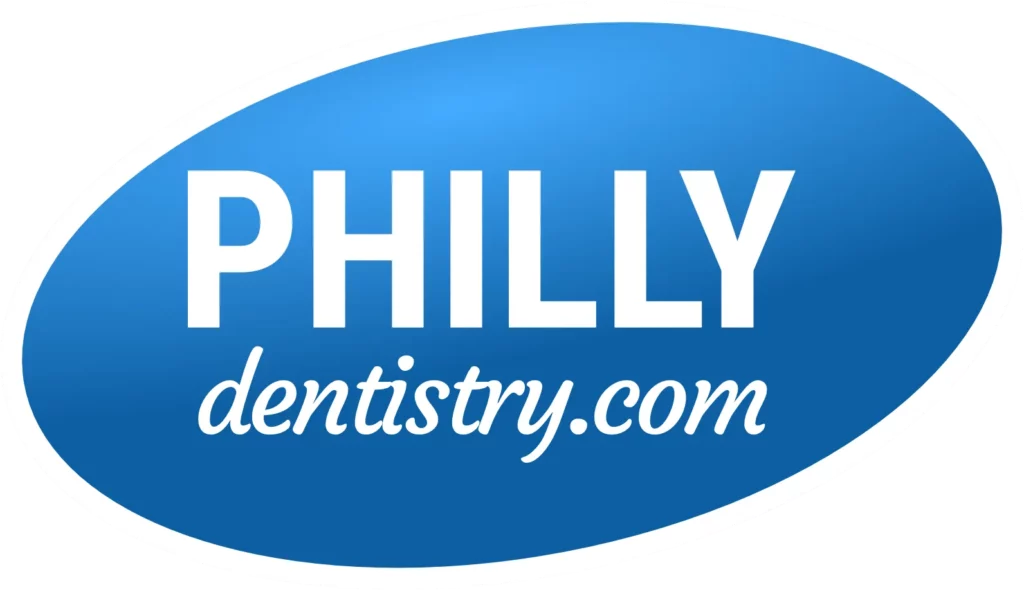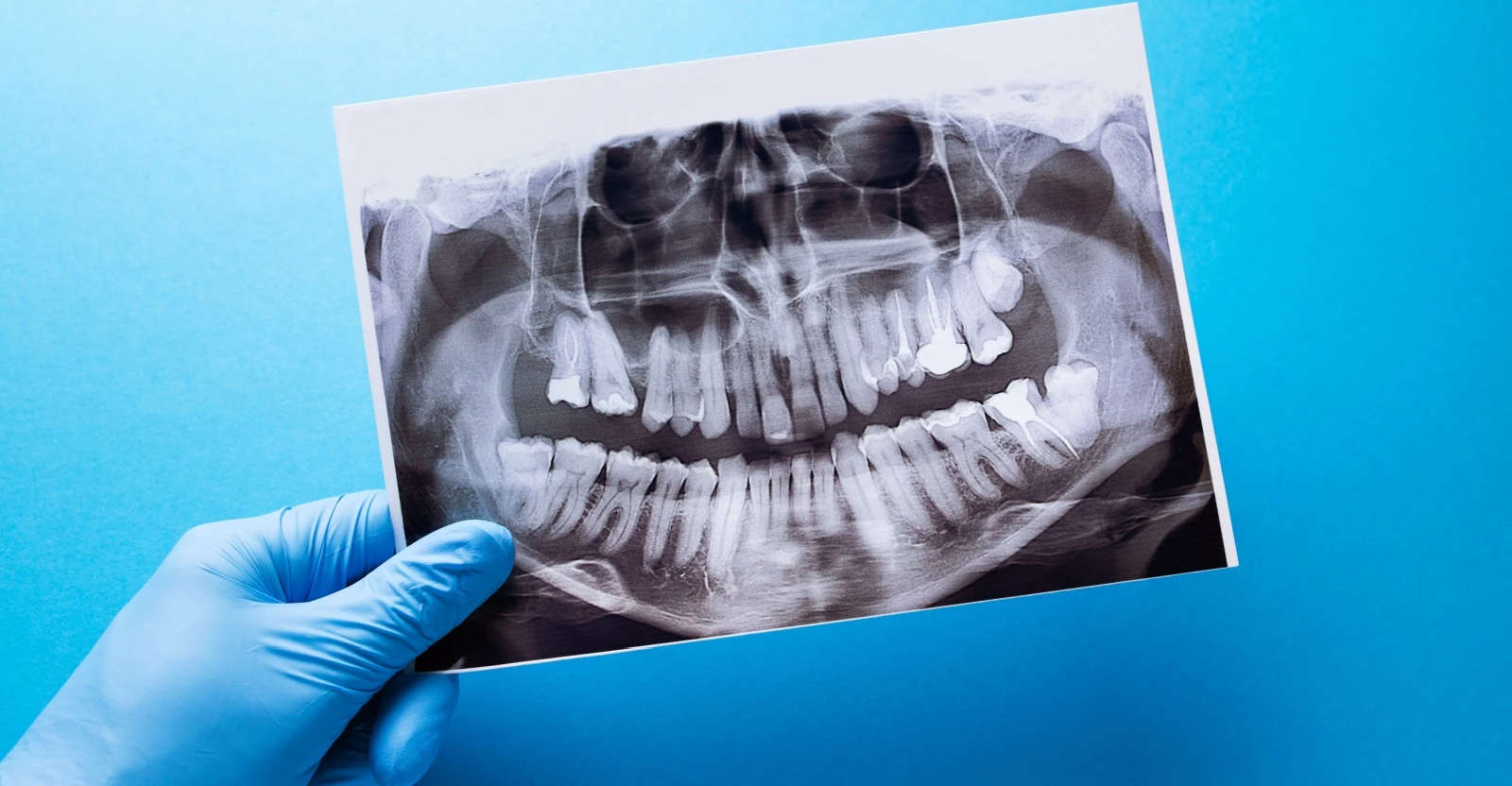Coffee Lovers and Stained Teeth: What Can I Do To Avoid the Stains?
Caffeine lovers that are avid coffee drinkers are well aware of how it contributes to stained teeth. Since the coffee is acidic it does not only stain, but it also is weakens the tooth enamel, making the teeth more prone to staining and cavities. Here are a few tips that we have to help you … Coffee Lovers and Stained Teeth: What Can I Do To Avoid the Stains?



